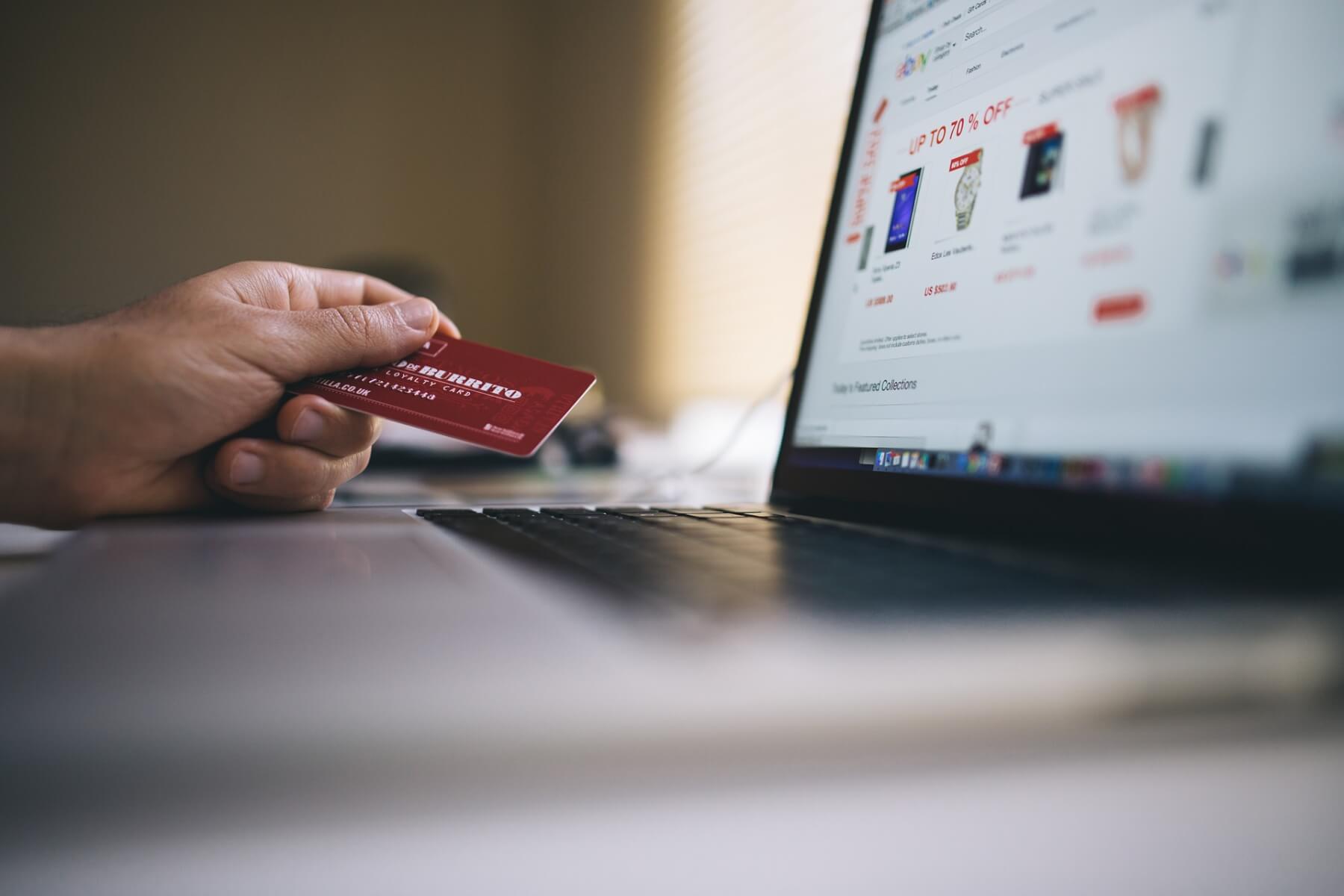In today’s world, online security is more important than ever. With hackers constantly trying to steal our personal information, it’s important to take precautions to protect ourselves. We all want to stay safe online, but with so much information out there, it can be hard to know where to start. While there are many different tips and tricks out there, some are more effective than others. Here are five things you should never do if you care about online security and five tips that will really help you stay secure online:
1. Not using a strong password
With all of the data breaches that have happened in recent years, it is clear that passwords are not as secure as they once were.
Use a mix of upper and lower case letters, numbers, and special characters. Avoid using easily guessed words like “password” or your birthdate. Hackers can easily break these passwords. Make your password at least 8 characters long. Don’t use the same password at multiple sites. Many of us do this but why? Because it is easier to remember one password rather than multiple.
If you can not remember these long and strong passwords, then using a password manager to store your passwords securely is your best option.
By using a password manager from a genuine cybersecurity company you can rest easily and use as many strong passwords as you want, because the password manager will remember those passwords. All you have to do is just remember one master password that you will have to use to log into the password manager app.
2. Not keeping your software up to date
One important tip for your security online is to make sure that your system software is always up to date. System software includes the operating system, as well as any web browsers, email clients, and other programs you use on a regular basis.
Hackers are constantly finding new ways to exploit vulnerabilities in software, and if you’re not running the latest version of your programs, you could be at risk. Many software updates include security fixes, so it’s important to install them as soon as they’re available.
You can usually set your software to update automatically, but it’s a good idea to check for updates regularly just to be sure. If you’re not sure how to update your software, you can usually find instructions by searching online or contacting the software’s developer.
3. Not using two-factor authentication
You might think that having a strong password is enough to keep your accounts safe, but it’s not. Hackers are becoming increasingly sophisticated and they can easily figure out even the most complex passwords. That’s why you should always use two-factor authentication whenever possible.
Two-factor authentication is an extra layer of security that requires you to enter a code in addition to your password when logging in. This code is usually sent to your mobile phone, and it changes every time you log in. This makes it much harder for hackers to gain access to your account, even if they know your password.
If you’re not using two-factor authentication, now is the time to start. It’s a simple way to vastly improve your online security, and it could save you from a lot of headaches down the road.
4. Opening/clicking unknown email or spam links
In the last few years, we’ve seen an increase in the number of people who have been caught by malicious emails and spam links. This is because more and more people are using the internet for their everyday tasks, and as such, are becoming increasingly vulnerable to attack.
There are a few simple things you can do to protect yourself from these kinds of attacks, and we’ve listed them below.
1. Be careful what you click on – If you receive an email from an unknown sender, or a link in a chat room that you’re not sure about, don’t click on it. These links could be malicious and could lead to your computer becoming infected with malware or spyware.
2. Keep your antivirus software up to date – One of the best ways to protect yourself against malicious emails and spam links is to make sure that your antivirus software is up to date. Antivirus software will detect most threats and stop them before they can cause any damage.
3. Don’t open attachments from unknown senders – If you receive an email with an attachment from an unknown sender, don’t open it. These attachments could be malicious and could infect your computer with malware or spyware.
4. Be careful what information you share online – Be careful about the information you share online, such as your full name, address, or phone number. This information could be used by someone to commit identity theft or fraud.
5. Keep your passwords safe – Never share your passwords with anyone, and make sure that they are strong and unique (not easily guessed).
5. Forgetting to back up your data
No matter how often we are told, many people still do not back up their data. This is a potentially huge mistake as it only takes one technical glitch to lose everything. Make sure you regularly back up your data to an external hard drive or the cloud so that you can rest assured knowing that your precious files are safe.
Additionally, if you have sensitive data that you do not want to lose, encrypting it is always a good idea. That way, even if your backup files are compromised, the data will still be safe.
When it comes to online security, there are lots of important factors to consider. But if you want to keep your data and identity safe then you have to make sure that it starts with you.
By following the simple tips mentioned above you can help keep your data safe from hackers and other online threats.
Also read: Think You’re Safe? Here’s How Long It Takes A Hacker to Guess Your Password
Follow TechTheLead on Google News to get the news first.























